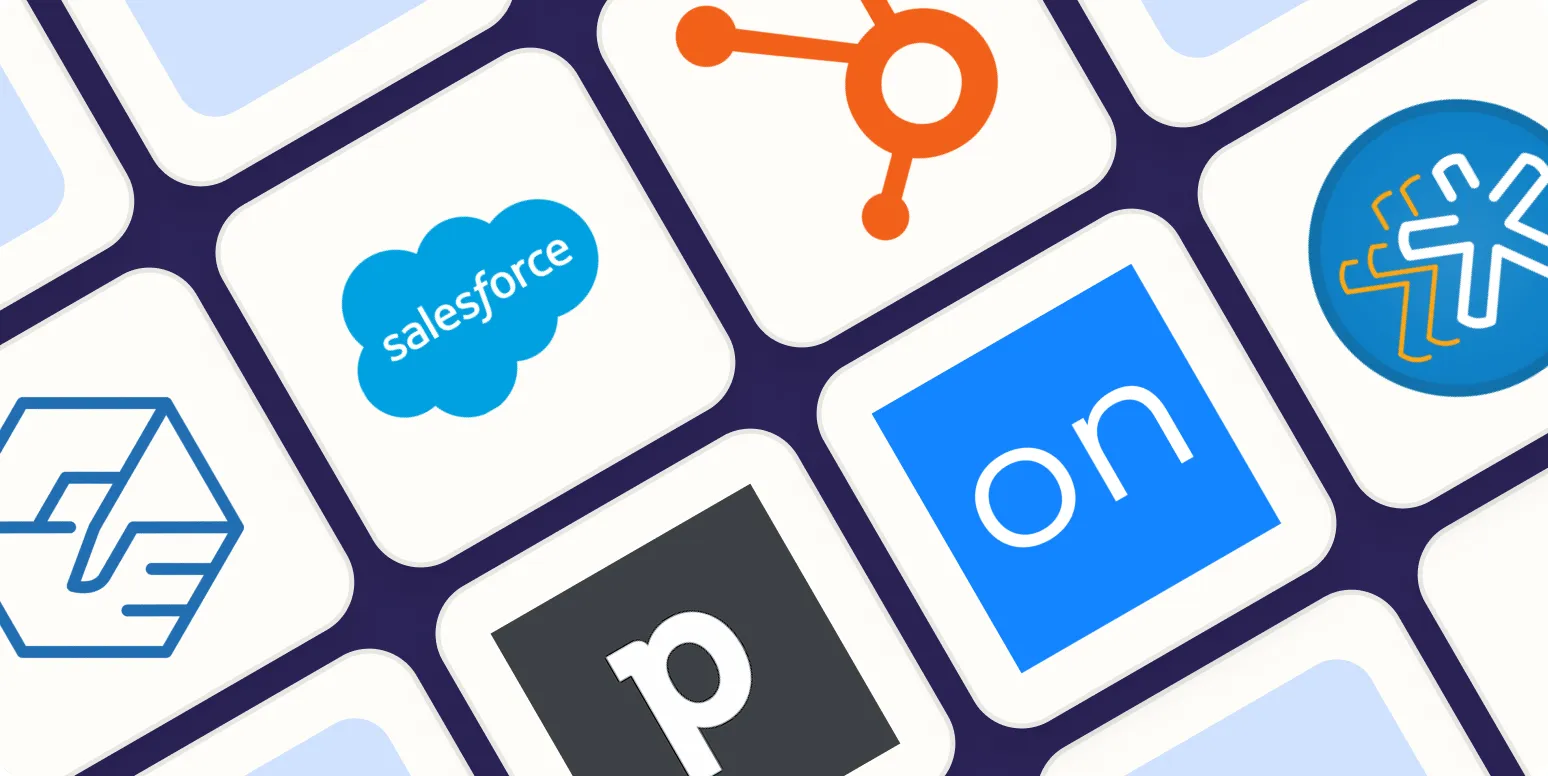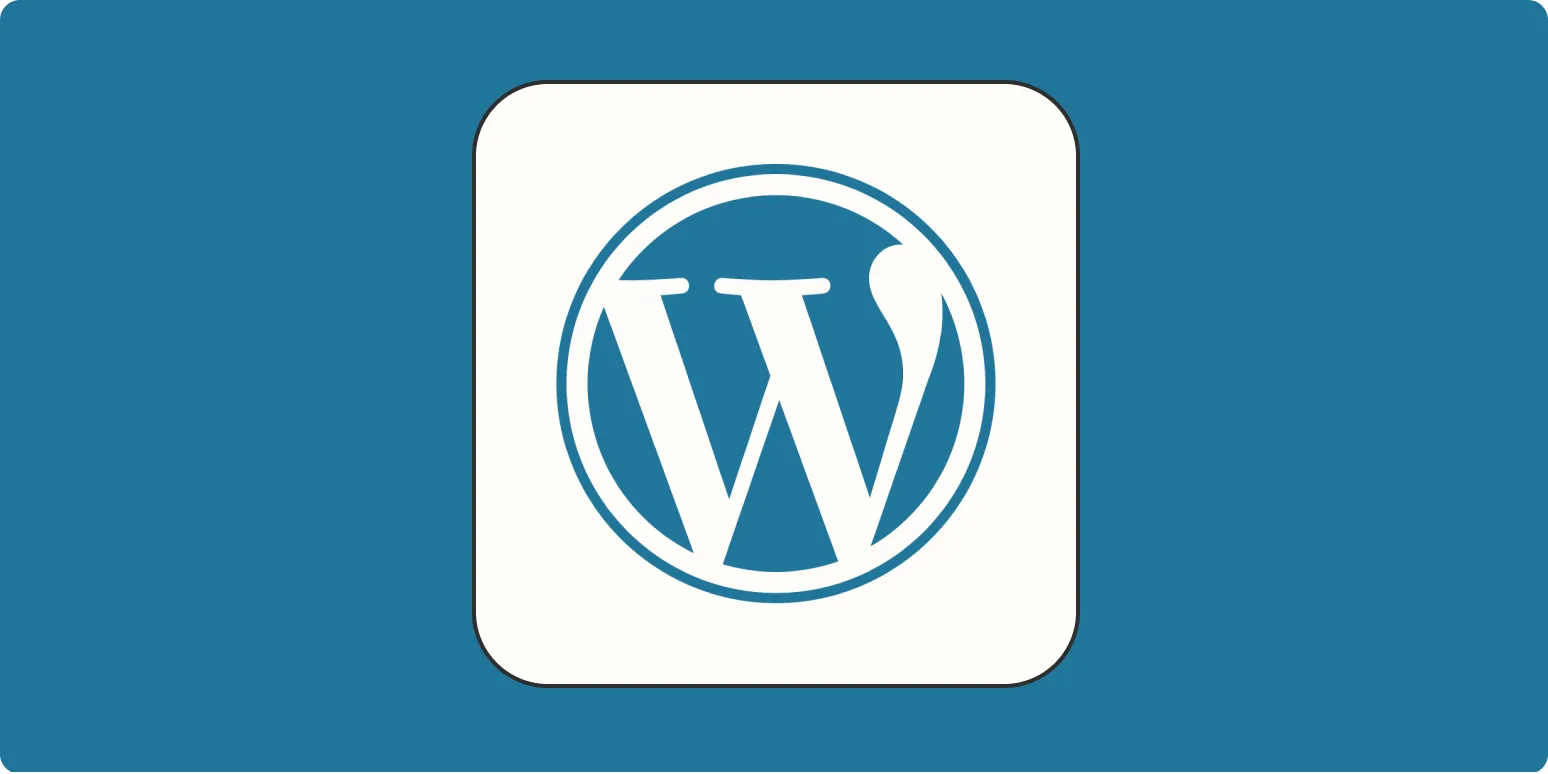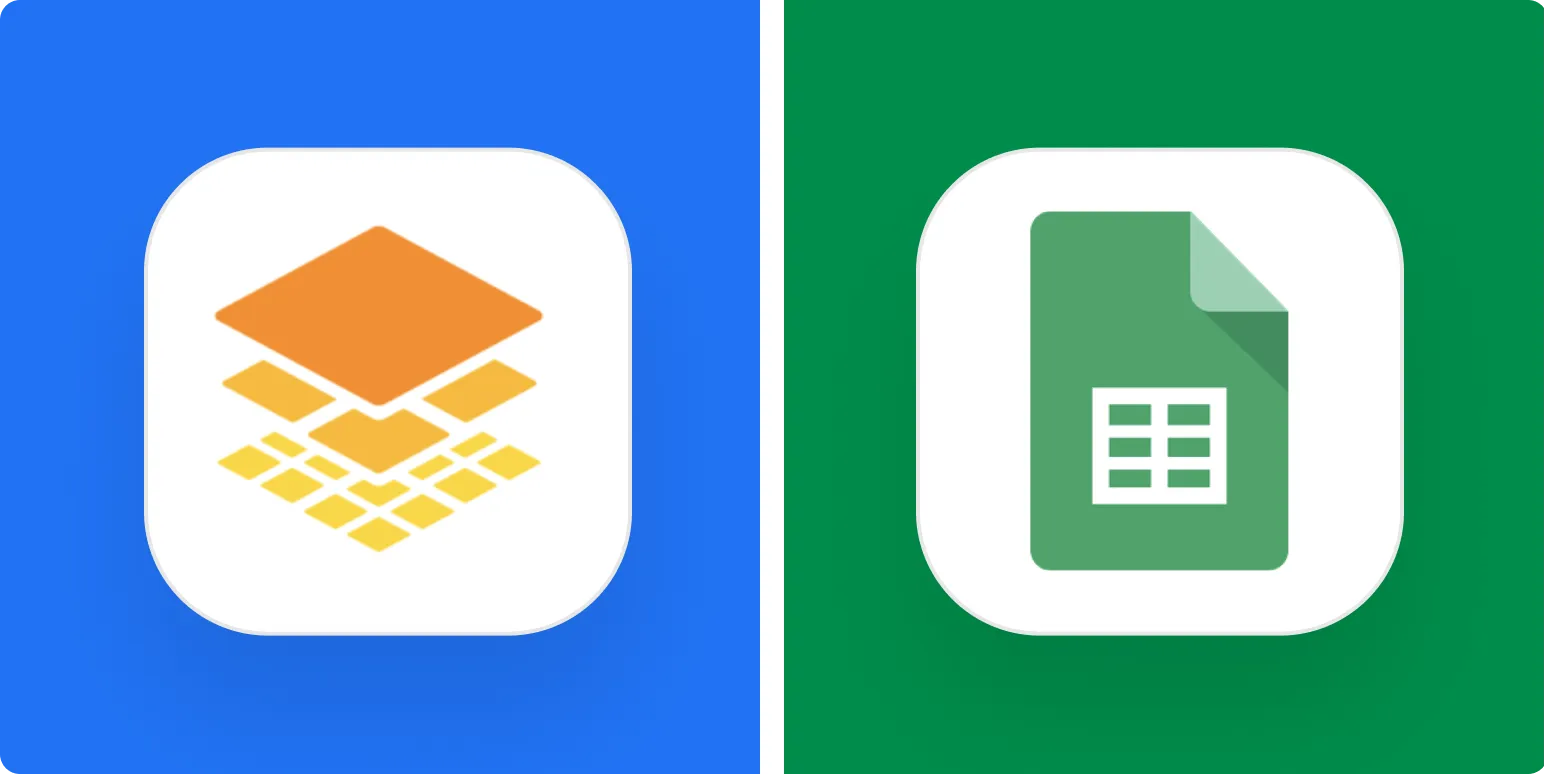Customer Relationship Management (CRM) software has become an essential tool for businesses aiming to streamline their lead and customer management processes. With the right CRM, companies can effectively track interactions, manage relationships, and analyze data to improve sales and customer satisfaction. In this article, we will explore the best CRM software options available in 2023, focusing on their key features, benefits, and how they can help you manage your leads and customers more efficiently.
Top CRM Software Options
| CRM Software | Key Features | Best For | Price |
|---|---|---|---|
| Salesforce |
|
Large enterprises | From $25/user/month |
| HubSpot CRM |
|
Small to medium businesses | Free, with premium options starting at $50/month |
| Zoho CRM |
|
Startups and growing businesses | From $12/user/month |
| Pipedrive |
|
Sales teams | From $15/user/month |
| Freshsales |
|
Small and medium-sized businesses | From $15/user/month |
Key Features to Consider
When choosing the best CRM software for your business, it is crucial to consider the following key features:
- Lead Management: Effective lead management allows businesses to track potential customers throughout their journey, from initial contact to conversion. Look for CRMs that offer lead scoring and segmentation features.
- Automation: Automation tools can save time by automating repetitive tasks such as data entry, follow-ups, and email marketing. This enables sales teams to focus on building relationships and closing deals.
- Integrations: A good CRM should integrate seamlessly with other tools and platforms your business uses, such as email marketing software, social media, and e-commerce platforms. This enhances productivity and data accuracy.
- Analytics and Reporting: In-depth analytics and customizable reporting features help businesses understand their sales performance, customer behavior, and overall trends. This data is essential for making informed decisions.
- User Experience: The interface of the CRM should be intuitive and user-friendly. A complicated system can hinder productivity and lead to frustration among users.
Benefits of Using CRM Software
Implementing a robust CRM system can yield numerous benefits for your business. Here are some of the key advantages:
- Improved Customer Relationships: By keeping track of all customer interactions and preferences, businesses can tailor their communication and offerings, leading to enhanced customer satisfaction and loyalty.
- Increased Sales: With better lead management and sales tracking capabilities, sales teams can close deals more efficiently, ultimately driving revenue growth.
- Enhanced Collaboration: A centralized CRM allows different teams within a company to access the same customer data, fostering better collaboration and communication.
- Data-Driven Decisions: With real-time analytics and reporting, businesses can make informed decisions based on actual data rather than assumptions.
- Scalability: As your business grows, a good CRM can easily scale with you, accommodating new users and additional features as needed.
Conclusion
Choosing the right CRM software is a crucial step for any business looking to manage leads and customers effectively. With options like Salesforce, HubSpot CRM, Zoho CRM, Pipedrive, and Freshsales, there is a solution for every business size and need. By focusing on key features such as lead management, automation, and analytics, you can select a CRM that not only meets your current requirements but also supports your growth in the future. Implementing the right CRM will ultimately lead to improved customer relationships, increased sales, and a more organized approach to managing your leads and customers.





